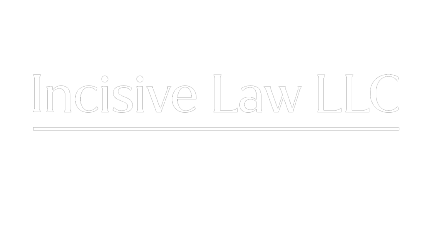There is no dispute that wills are generally regarded as documents of a private nature. Unlike in the movies where the deceased’s lawyer comes to the house to read out the gifts made under the will, there is generally no requirement for anyone to do so.
You may have been told by your late mother before she passed that your family home was yours to inherit. But she did not name you executor of her will, nor are you aware of the terms of the will. You only know that you are to receive a part of her estate, and that your uncle was made executor of your late mother’s will. Unfortunately, you have not always been on good terms with your uncle. Could it be that he is delaying the process to prevent you from receiving what is rightfully yours?
If asking the executor is a futile exercise, what are your entitlements as a beneficiary? Are you entitled to a copy of the will?
Notwithstanding the (generally) private nature of wills, the will becomes a public document after it is filed in Court. By way of background, before the executor is entitled to administer the deceased’s estate, the executor must file an application in Court for the grant of probate, which requires, amongst other things, the executor to file the will.
In this regard, since the will becomes a public document, beneficiaries may apply to Court to request for inspection of the will. This may involve the filing of a sworn (or attested) statement by you of your knowledge of the existence of (and details of) the will.
However, please note that this does not automatically mean that the will will be made available for your inspection. Whether or not the Court grants the application will depend on the circumstances. Generally, if there is strong evidence to show that you are a beneficiary under the will or are otherwise entitled to the estate, the more likely an application will be granted.


